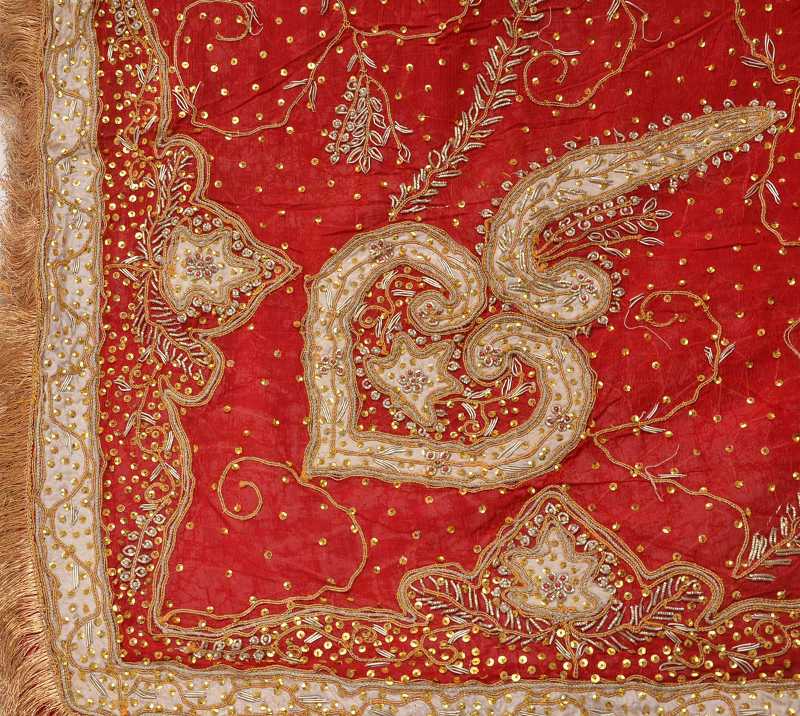===
0907,
3
===

=== |
 |
naa-paidaa : 'Unborn, that has never existed, non-existent; extinct; not to be found, lost, missing; not evident, invisible; vanished'. (Platts p.1110)
FWP:
SETS == REPETITION
MOTIFS
NAMES
TERMSSRF gives the text of the verse in SSA with not martaa hai but jiitaa hai at the beginning of the second line, and that's how he discusses it too. It's clear that this is an error. I have corrected it to the kulliyat reading, and adjusted his discussion accordingly, since there's nothing in the discussion that is really affected by the change.
I can't make very much of this verse at all. If SRF needed a third verse to complete his quota for this ghazal, I would have preferred {907,2}:
mat ;hinaa))ii paa))o;N se chal kar kahii;N jaayaa karo
dillii hai aa;xir nah hangaamah kahii;N bar-paa ho myaa;N[don't, walking on henna-ed feet, ever go anywhere
it's Delhi after all-- may a tumult not somehow be afoot, sir!]The wordplay of 'feet' and bar-paa honaa is there, of course, but the chief charm is the vision of a turbulent, disorderly Delhi-- which in Mir's spelling is dillii , and thus somehow the city of the heart.